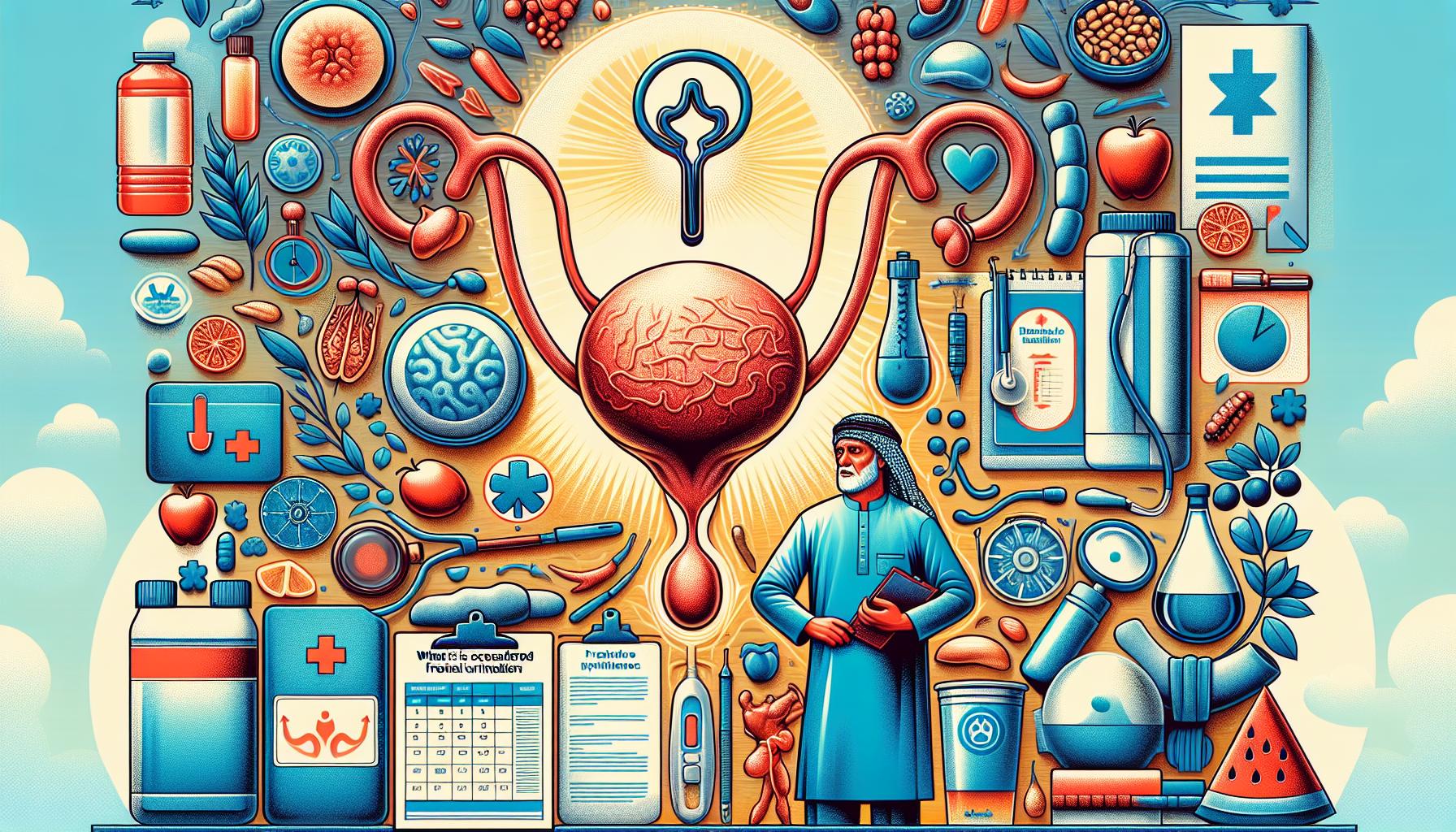
Are You Wading Through the Waters of Frequent Urination?
Wondering “what is considered frequent urination?” Our bodies have a myriad of ways to signal us when something is off-kilter. And frequent urination can function like a blinking, neon sign saying “Hey, something may not be quite right!”. In concise terms, frequent urination is defined as needing to urinate more often than is normal for you. This is highly individual, but for most adults, passing urine 4 to 8 times a day is typical. When these visits become more frequent, you might want to take note. Delving further into the nitty-gritty, we will explore frequent urination in depth – its causes, scopes, possible remedies, and when to seek medical attention.
Unfolding the Umbrella of Urination Frequency
Ironically, the frequency of urinating is like the ebb and flow of the ocean, differing from individual to individual. For example, it’s entirely normal for some to visit the restroom only a few times a day, while others may feel the urge every hour on the hour. Generally speaking, however, if you find yourself taking more than 8 trips to the bathroom in a 24-hour period or waking up multiple times at night to urinate, you might be experiencing frequent urination.
Underlying Causes of Frequent Urination
Frequent urination is like the constant ticking of a clock, something you can’t simply ignore. It could be due to various factors – lifestyle choices, medical conditions, or even certain medications you might be on. For instance, caffeine and alcohol, known diuretics, can increase urine production leading to more frequent bathroom breaks.
Storms Ahead: When to Worry about Frequent Urination
Constantly nipping to the loo? It’s not always a cause for concern. But just as not every cloud has a silver lining, not all frequent urination instances can be written off as innocuous. When tinged with other symptoms, it could denote more serious conditions like diabetes, urinary tract infections, prostate problems, or potentially even bladder cancer.
Breaking Down the Barriers: Talking to Your Doctor
Talking about your toilet habits might seem like sailing through stormy waters, but it’s a necessary, nevertheless. If your frequent urination causes distress or disruptions in your daily life, it’s high time to reach out to a healthcare professional.
Sailing Towards Solutions: Treatment and Prevention
Treatment for the frequent urge to urinate is neither a hard nut to crack nor a boat that’s sailed. It’s about addressing the root cause. That might mean adjusting your fluid intake, moderating alcohol and caffeine consumption, or perhaps medication to manage issues such as an overactive bladder.
Suggestions for Severity: The Importance of Self-Care
True, treatments play a pivotal role. But self-care shouldn’t be relegated to the back burner. Simple steps like voiding the bladder fully during each restroom visit, scheduling bathroom trips at regular intervals, and opting for cotton underwear can go a long way in managing frequent urination better.
Paddling Past Frequent Urination
You see, demystifying frequent urination is not as daunting as it sounds. Sure, it can be like stirring a hornet’s nest initially, but with a little resilience and guidance, the clouds can soon give way to a clear blue sky.
Frequently Asked Questions
1. How many times is considered frequent urination?
While this can vary from one individual to another, needing to pass urine more than 8 times in a day can generally be considered frequent urination.
2. Is frequent urination a sign of something serious?
Frequent urination can be a symptom of several health conditions, including diabetes, urinary tract infections, or prostate problems. When accompanied by other symptoms, it’s best to seek medical advice.
3. Can certain food or drinks increase urination frequency?
Yes, consumption of alcohol or caffeine, both diuretics, can stimulate the production of urine, leading to more frequent trips to the bathroom.
4. What helps with frequent urination?
The treatment for frequent urination depends on the underlying cause but could include modifying fluid intake, avoiding alcohol and caffeine, or taking medication for conditions such as an overactive bladder.
5. Should I see a doctor about frequent urination?
If frequent urination causes distress or interferes with your daily life, it’s advisable to see a healthcare provider.


